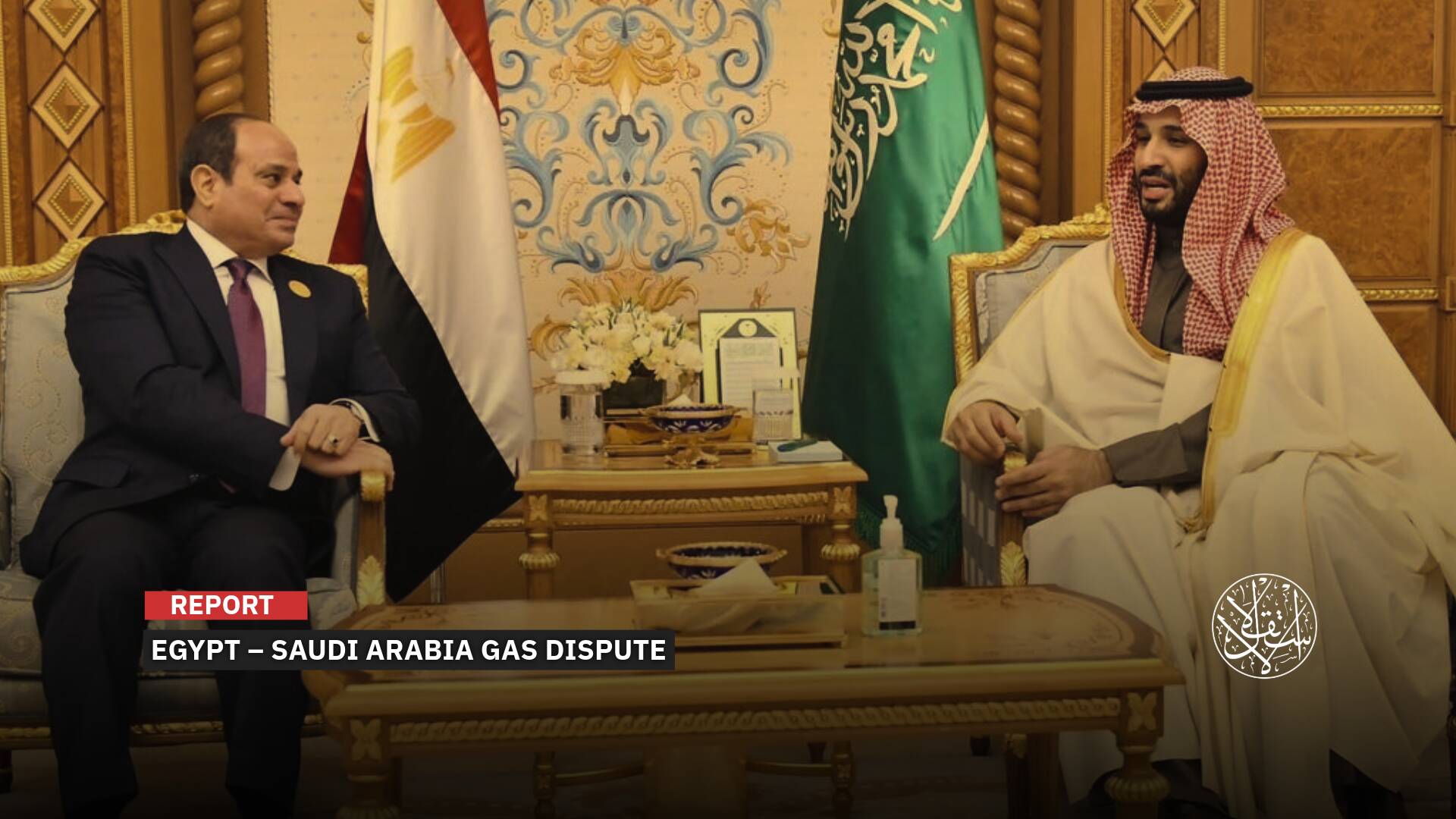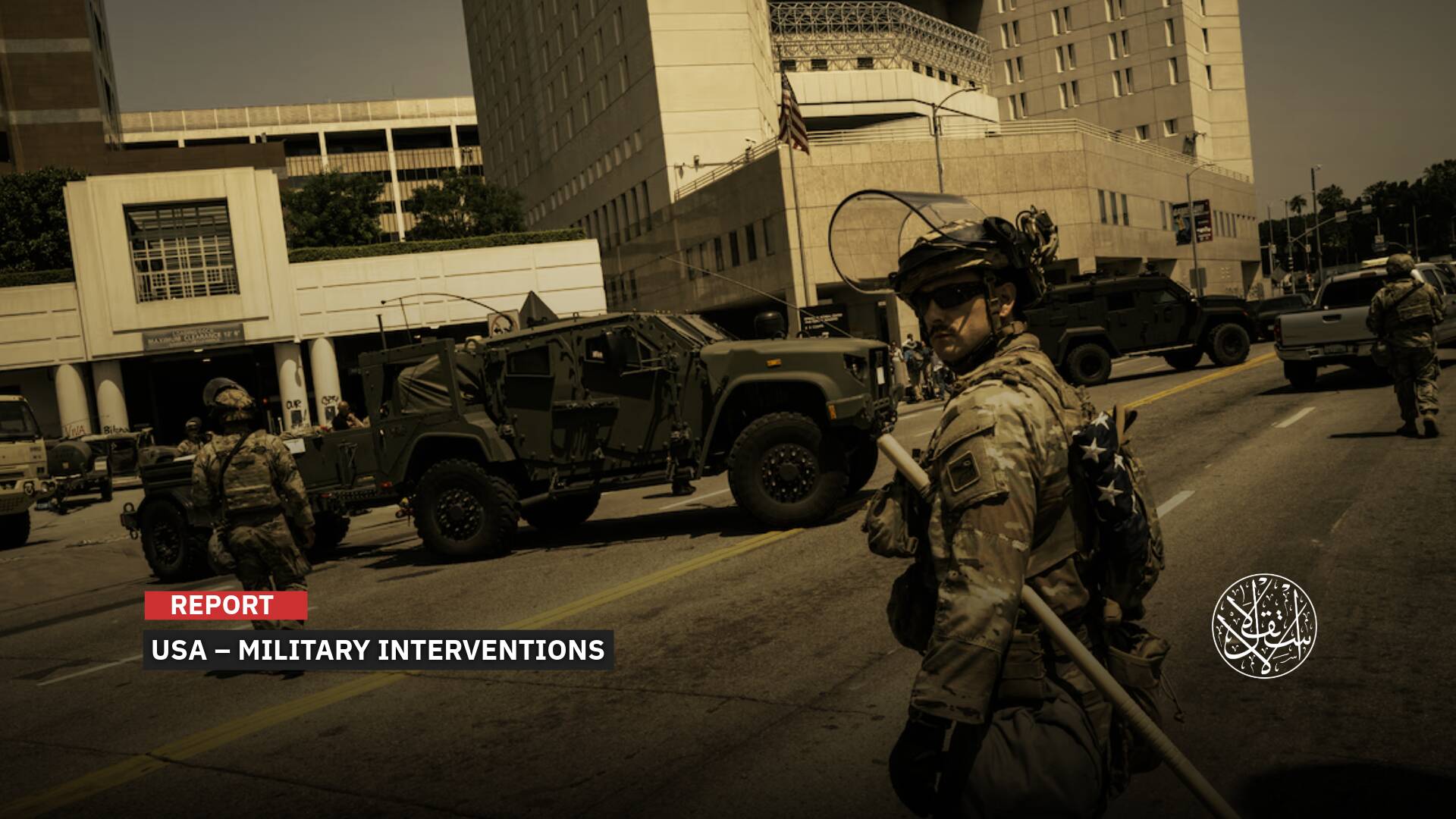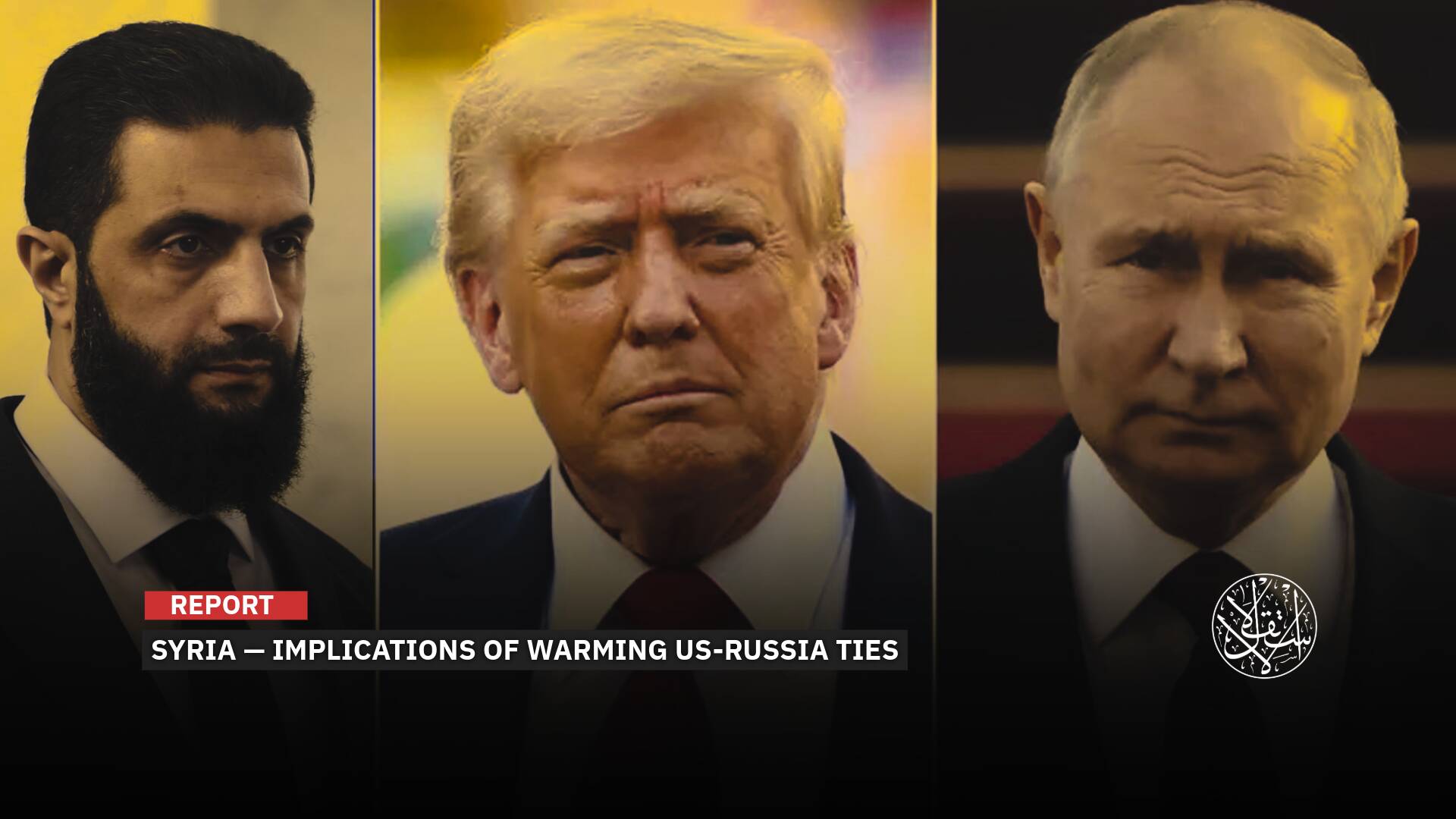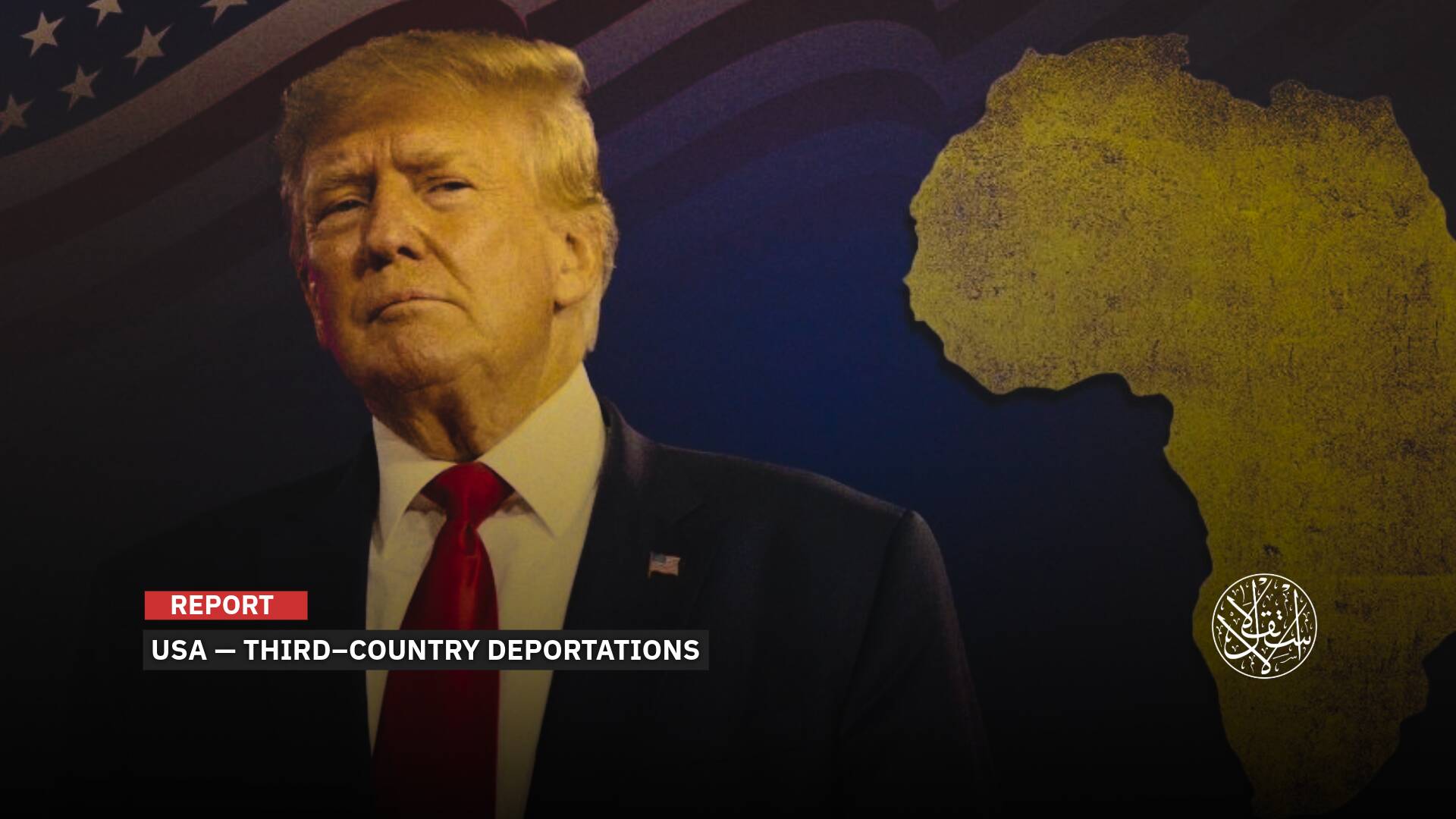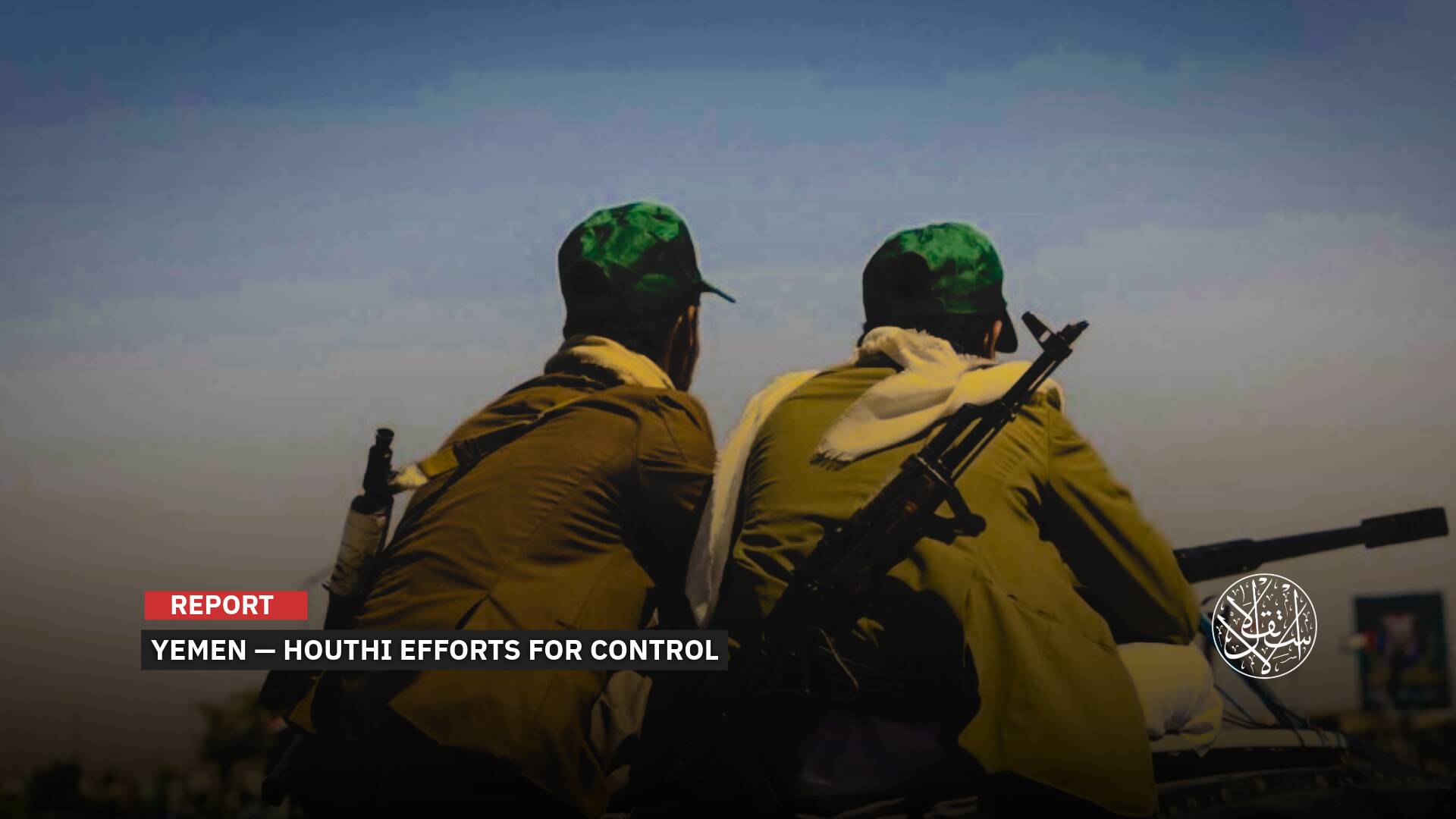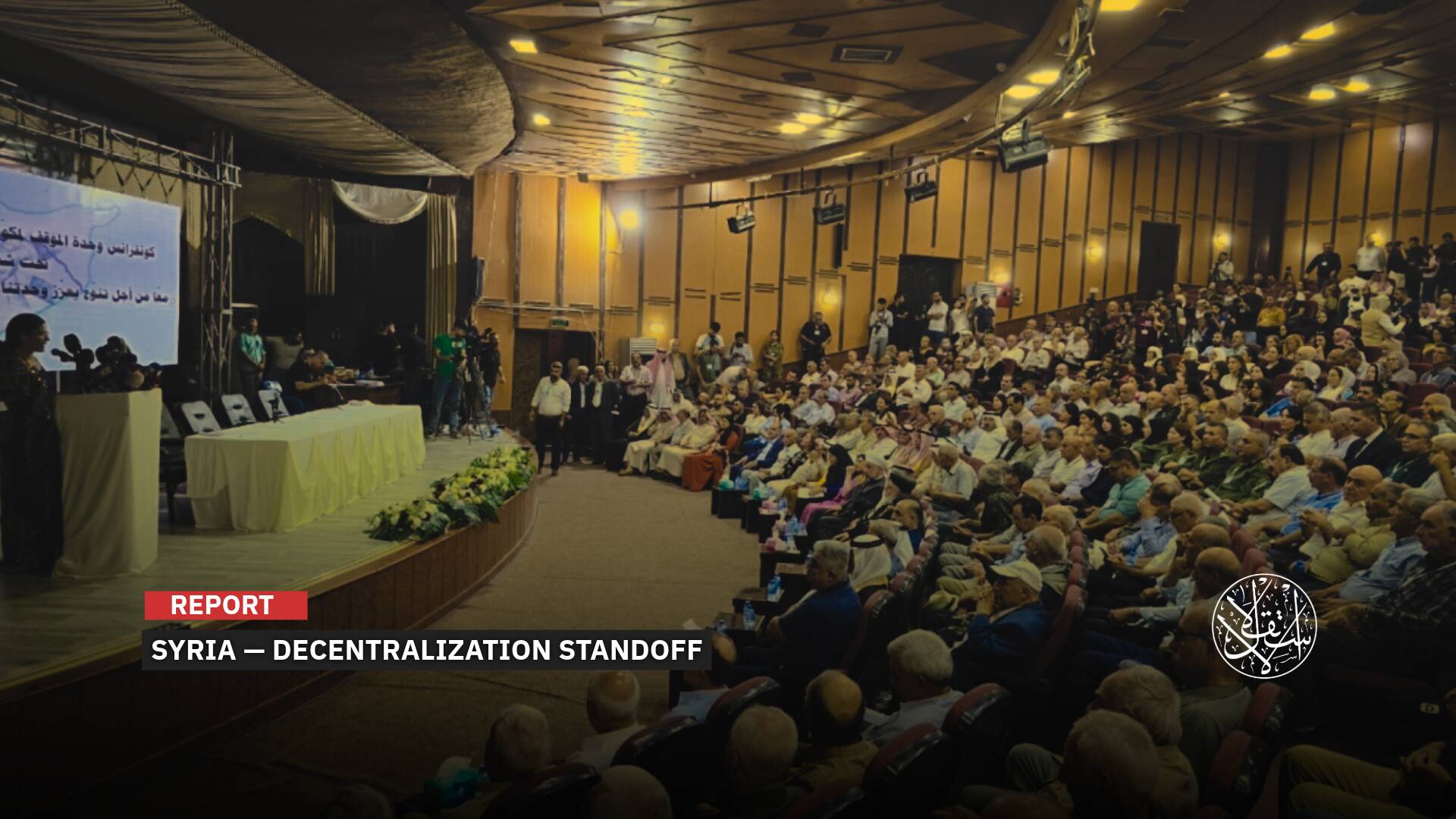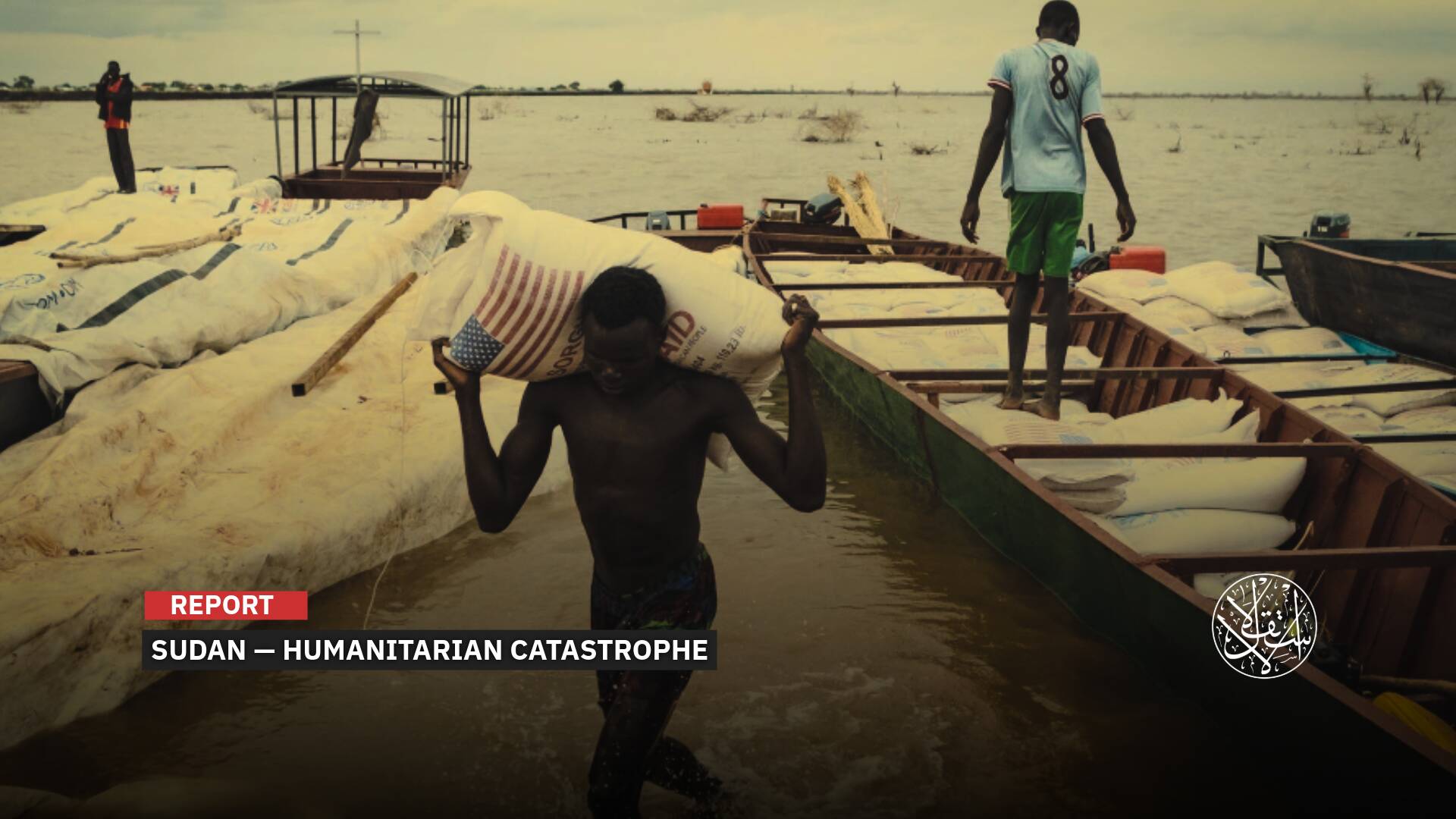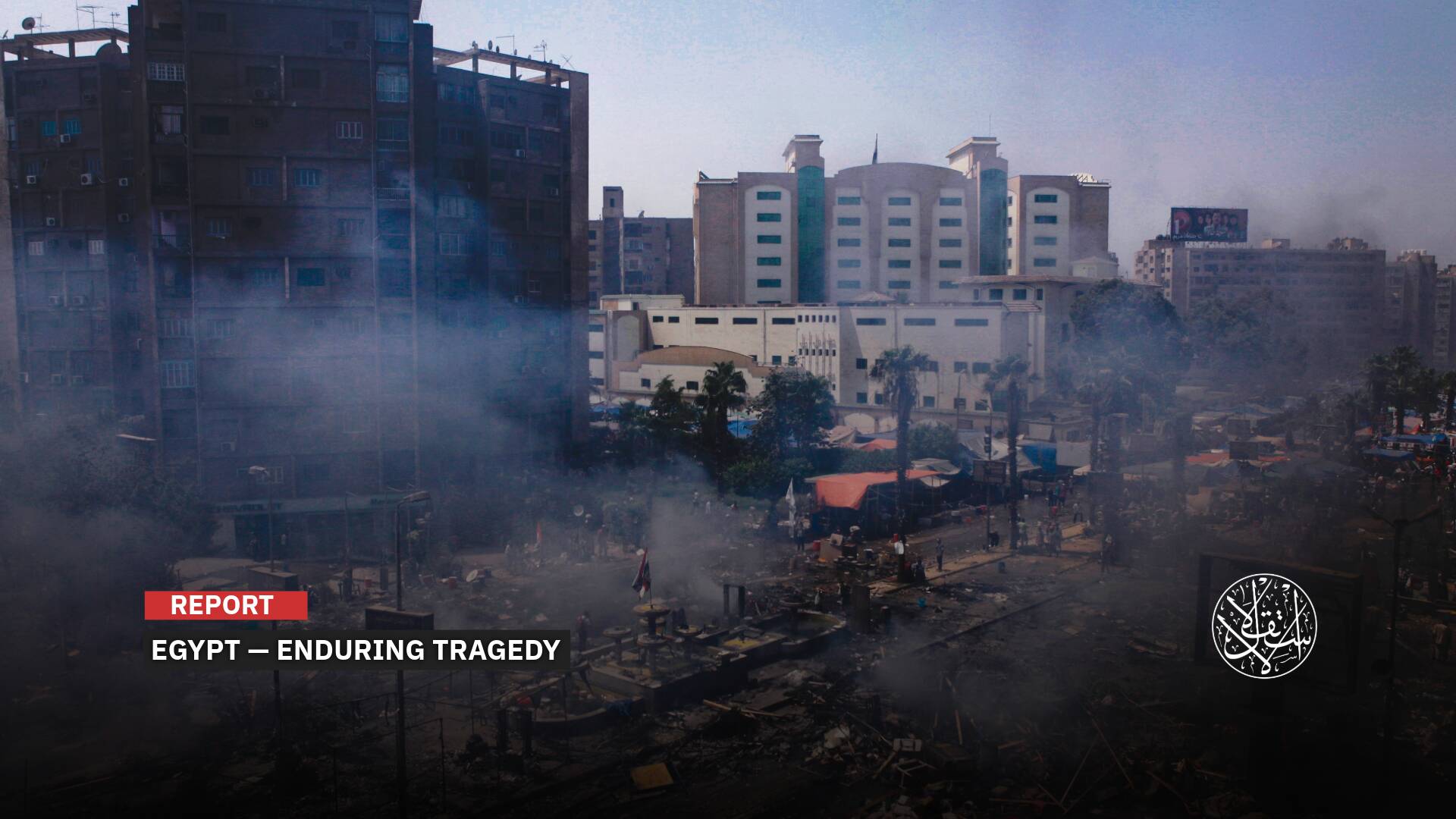Why Are Britain and France Backing Ethiopian Occupation in Somalia?

Countries in the Horn of Africa have been grappling with the repercussions of European colonization of their territories since the 19th century.
Summary by AI:
• Despite the lack of recognition of its independence, the separatist region of Somaliland faces the absence of foreign embassies, with only Britain having a representative office there.
• The signing of a memorandum of understanding between Somaliland and Ethiopia has sparked diplomatic efforts in London and Paris to solidify the agreement, with France and other European countries considering closer engagement.
• The separatists' chief diplomat, Essa Kayd, undertook visits to London and Paris to garner support and investments from major corporations for the region, especially focusing on the port of Berbera.
• The region's geopolitical significance comes amidst tensions with Somalia, highlighting the legacy of colonialism in the Horn of Africa, where border conflicts and identity challenges persist, reflecting a broader international power struggle between Western powers, Russia, and China.
• France and Britain's support for the agreement with Ethiopia is motivated by countering the advanced Turkish role in the region, particularly its alliance with Somalia, underlining the strategic and economic interests at play.
Due to the lack of recognition of its independence, there are no foreign embassies in the separatist region of the Horn of Africa, despite Britain having established a representative office there for years.
While London, Paris, and the European Union have publicly emphasized the importance of respecting Somalia's territorial integrity following Ethiopia's signing of a colonial agreement with the region, France and several European countries are considering closer engagement with the region. However, the nature of this rapprochement remains a subject of debate.
Kayd Visits
On March 8, 2024, Intelligence Online published a report on the developments in Somalia, highlighting diplomatic efforts in London and Paris to solidify Ethiopia's memorandum of understanding with Somaliland.
The signing of the memorandum of understanding between the separatist region of Somalia and Ethiopia has heightened regional tensions, especially with Somalia, which rejected the agreement signed (in early January 2024) between Ethiopia and Somaliland (the separatist region of Somalia).
The aforementioned agreement grants Addis Ababa the right to use the port of Berbera on the Gulf of Aden and establish a military base there in exchange for recognizing it as an independent state, threatening Somalia's security and stability.
Meanwhile, the separatists' chief diplomat, Essa Kayd, has worked to garner the necessary British and French support to solidify the agreement.
Indeed, the Foreign Minister of the separatist region of Somalia, Essa Kayd, undertook a significant visit to London and subsequently to Paris between March 11 and 14, 2025.
In Paris specifically, a meeting was held with the French–African Friendship Committee, consisting of members of the Foreign Affairs Committee, including Cedric Perrin and Olivier Cadic, who visited Somalia in July 2023 and contributed to creating an opportunity to increase French influence there.
However, the primary purpose of Kayd's trip was to consolidate the memorandum of understanding signed by the separatist region of Somalia with Ethiopia.
In London, Essa Kayd disrupted the effectiveness of events organized by expatriates in Somalia to defend the memorandum of understanding, causing considerable panic in the Horn of Africa region.
This is a situation to which Somalia, like the rest of the world, has not succumbed. It does not recognize the independence of the separatist region of Somalia, which declared its "independence" in 1991.
It has embarked on its own diplomatic tour to rally international support against this memorandum. However, Kayd's tours come amidst a different British and European French view of the Horn of Africa, where the ambitions of old colonialism are renewed.

Partnerships and Ambitions
One of the strategies employed by the separatist government in Somaliland during the foreign minister's tour of European capitals, specifically London and Paris, is the tactic of enticing major corporations to invest in the country.
In Paris, Kayd's agenda included high-level meetings with prominent French companies such as CMA CGM and Bollore Logistics, the latter recently acquired, to persuade them to invest in the country.
With increasing infrastructure needs and logistical services, these companies are eyeing new prospects within the Horn of Africa region.
On March 18, 2024, Politico reported that Essa Kayd spoke clearly about the free zone in the port of Berbera, which currently hosts about 70 companies and is expected to accommodate about 400 more.
It mentioned that the French government-owned company bioMerieux has already expressed interest in meeting with the minister, especially since it operates in Kenya and hopes to expand its presence in East Africa.
Today, the question arises: Why have France and Britain decided to take action now towards Somaliland and play a new role there?
According to African affairs researcher Mohammed Hassab el-Rassoul, the signing of the agreement between Somaliland and Ethiopia pushes the region into the midst of a renewed old international conflict over the Red Sea with its waters, coasts, and ports, as well as over the strategic Horn of Africa region.
In an article for al-Mayadeen on March 5, 2024, he added that "the declared British and French roles in the Horn of Africa, along with other hidden roles by Israel and an Arab state allied with it [the UAE], deepen the international conflict between Russia and China on one hand, and the colonial camp represented by France, Britain, and America on the other."
This is especially with the expansion of Chinese and Russian influence in Africa at the expense of historical Western colonial influence on the continent, the continent of resources and future.
As a result, France and Britain found in the agreement and Ethiopia's support their foothold search, especially as the Turkish player has been asserting its influence in the region for years, according to his estimation.
The Turkish Barrier
Therefore, perhaps the main incentive that prompted Britain and France to support the agreement between Ethiopia and Somaliland is the advanced Turkish role in the Horn of Africa, particularly its close alliance with Somalia.
On February 21, 2024, Somali President Hassan Sheikh Mohamud entered his presidential palace in the capital Mogadishu, announcing to the eagerly awaiting journalists that "Turkiye is the only country that has expressed readiness to help Somalia protect its territorial waters, exploit its resources, and rehabilitate its naval forces."
The Somali president's announcement during the press conference came just hours after his country signed a historic defense cooperation agreement with Turkiye.
The Somali Prime Minister Hamza Abdi Barre described the defense and economic agreement with Turkiye as a "historic day for the country" and said Somalia will have a true ally, friend, and brother on the international stage.
The agreement came at a critical time for Mogadishu, which is working to garner international support for its rejection of the agreement between Ethiopia and Somaliland.
It was an urgent move for Mogadishu and Ankara to sign a defense cooperation agreement, appreciating that Somalia is a gateway to Africa for Turkiye.
The agreement, described by the Somali Minister of Information in the Somali Federal Government, Daud Aweis, on X (formerly Twitter), as "a very important step in the history of Turkish-Somali diplomatic relations," extends for a full 10 years.
It was approved by the Somali Cabinet under the title "The Defense Cooperation Agreement signed with Turkiye, a member of NATO and a close ally of Somalia."
It is worth mentioning that Somalia has the longest coastline in Africa, with a total length of 3,025 kilometers, making it a constant target for colonial powers.
Somali territorial waters extend 200 nautical miles into the Indian Ocean, giving Turkiye multiple economic and strategic advantages.
Somalia has enjoyed good relations with Turkiye in all economic, commercial, political, humanitarian, and security fields since the re-establishment of relations between the two countries in 2011.

The Legacy of Colonialism
The Independent published a report on August 30, 2023, discussing the political and geographical reality of post-colonial Africa.
It mentioned that countries in the Horn of Africa, specifically Somalia, continue to suffer from the consequences of European colonization of their territories in the 19th and 20th centuries.
Despite gaining independence, this independence was followed by various challenges related to sovereignty deficits and their repercussions. This nominal independence persists amidst the structural challenges these countries have faced and continue to face to this day.
It explained that border demarcation is one of the clear challenges facing countries in the Horn of Africa and represents a fundamental cause of instability deliberately left by Britain in almost all its colonies.
Further, there is not a single country in the region without border conflicts with its neighboring countries. Somalia with Kenya, Kenya with Uganda, Somalia with Ethiopia, Ethiopia with Sudan, and others.
There are border conflicts within individual states, leading to separatist tendencies as currently witnessed in Somalia, Ethiopia, and Sudan.
The report also pointed out that the remnants of colonialism are also linked to another more dangerous challenge, which is the conflict of identities among the inhabitants of the region, given the diversity of ethnicities, tribes, and races, and the division of these cross-border tribes.
This has resulted in a state of unsustainable political instability due to policies of discrimination, exclusion, and the deterioration of political, economic, and legal justice among various citizens, as well as the decline of public services in many areas.
It's worth noting that the Somali region was a former British colony that merged with Somalia, a former Italian colony that had just gained independence, forming the Somali Republic, before they plunged into a conflict that led to a civil war.
The Somali National Movement emerged in Somaliland in the 1980s. In 1991, Somaliland unilaterally declared its independence after the overthrow of Somali President Siad Barre, but it has not been able to gain international recognition.
Sources
- Foreign minister due in London and Paris to defend Ethiopia deal
- The post-European political and geographical reality of the Horn of Africa [Arabic]
- Somalia and "Somaliland": History and attempts to gain recognition as an "independent" state [Arabic]
- Will Ethiopia's ambitions explode in a maritime outlet in the Horn of Africa? [Arabic]


